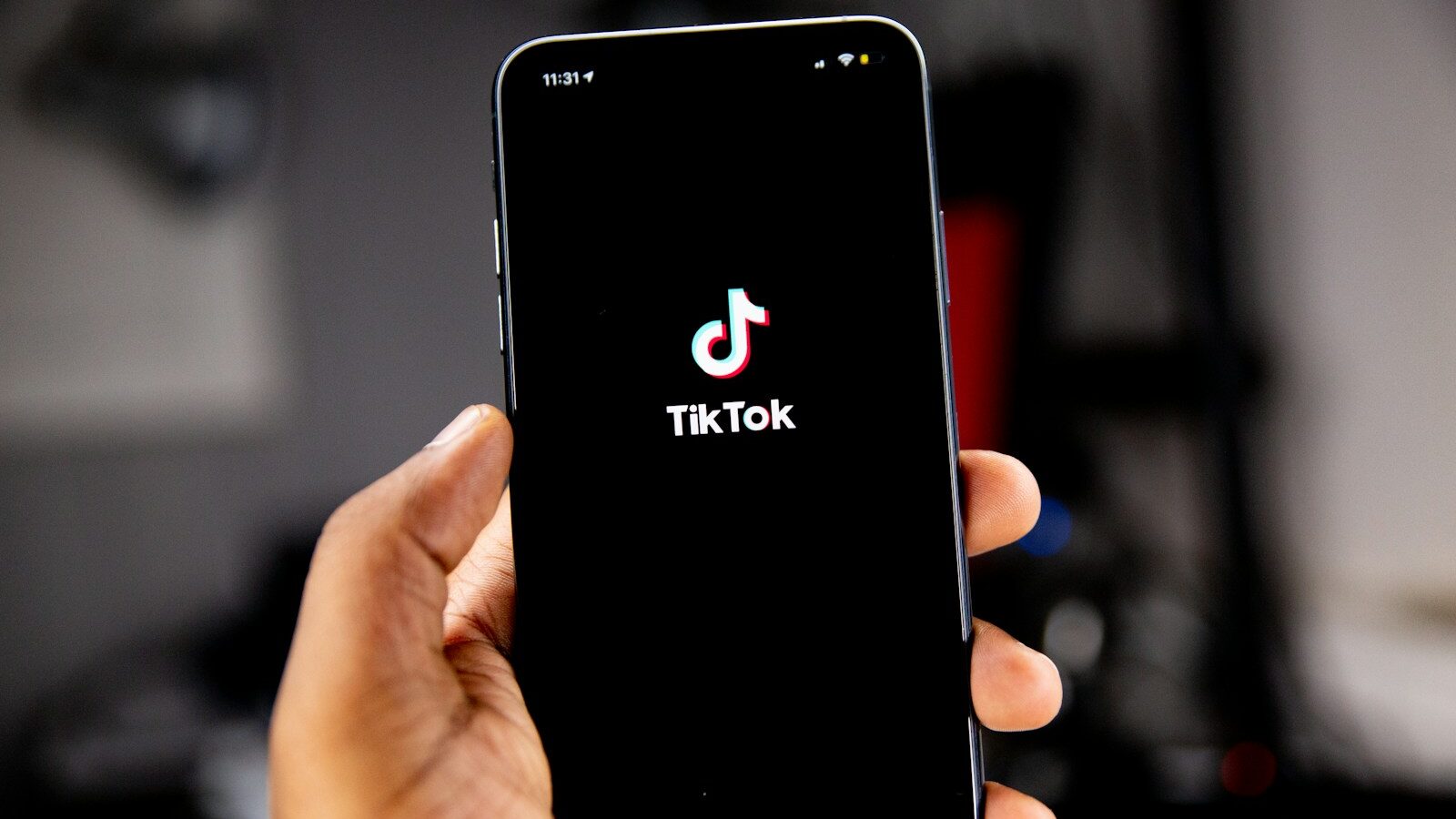Title: The Carrot Principle
Author: Adrian Gostick & Chester Elton
Don’t be a carrotphobe
I don’t know about you but I certainly can’t remember any of the reasons I’ve received pay rises in the past. I’ve certainly not kept any of the documentation for prosperity. Neither I’m sure would they have inspired nor motivated me for anything other than the short term even if I had done so.
I do however have a hand written note from a boss nearly 10 years ago recognising me for my unique skills and achievements whilst working for him. I can’t ever see me throwing it away. It always inspires me when I come across it or am reminded of it, as I was when reading this book.
The opening paragraphs provide a great hook to keep reading – a wonderful story about Charles Goodyear and the value of finding the right accelerator. The book then explores what the accelerator is for organisations and more importantly the leaders in those organisations. In fact it doesn’t just explore the accelerator – it provides the empirical evidence and great stories to support the power of recognition (the accelerator and carrot).
For example “in one study in response to the question “my organization recognizes excellence” the organizations that scored in the lowest fourth overall had an average return on equity (ROE) of 2.4%, whereas those that scored in the top fourth had an average ROE of 8.7%”- that’s some accelerator?
The empirical evidence is based on a 10 year study of 200,000 managers and employees and the tag line of the book – how the best managers use recognition to engage their people, retain talent and accelerate performance – says it all. They’re keen to note however that it’s about “purpose-based” recognition – done right within a context of effective leadership.
Wouldn’t you want to lead in an organisation where people believe that when they work hard they can do anything? Recognition inspires that level of commitment. Getting the culture right to do this is of course essential. I’m sure we’ve all got plenty of examples of hollow value statements and managers paying lip service to recognition. The key we find is embedding a culture that ensures that those working for us continue to be Satisfied AND Engaged (to achieve).
The building blocks of a carrot culture
The first step is to understand how those working for us feel currently and a survey is a great way of finding this out. I know from my own experience that it was only by finding out that staff weren’t feeling motivated or valued that the leadership team got the motivation to make changes, which included recognition, and improved responses by 19% & 32% respectively in just one year.
I wonder what you do currently for each of the building blocks of a carrot culture:
• Day-to-day recognition
• Above and beyond recognition
• Career recognition
• Celebration events
Or do you suffer from carrotphobia? As a coach and facilitator I loved the chapter on why we don’t recognise. It’s full of all of the limiting beliefs leaders and managers have that stop them recognising others. There’s so many great limiting beliefs it’s hard to know which to pick but what about:
• I’m afraid of jealousy if I recognise
• Why would I recognise them? Aren’t they just doing their jobs?
• They already get too much recognition
In the final chapter there’s 125 ideas for giving recognition – worth buying the book for alone – although there are also numerous other examples throughout the book too. I was certainly glad to see we are asked to remember every employee is unique and has their own motivation triggers. The skill of course is finding out what these are for an individual and then tapping into them.
In conclusion – reading the book will ensure you’re never short of the motivation and creativity to implement purpose based recognition in your organisation. So please don’t be a carrotphobe.
- The reviewer this time was Alison Smith, a facilitator, coach and speaker.
- If you’d like to read a book and pen a review for HRzone.co.uk, please visit the review club page. Email editor@hrzone.co.uk to get started.







